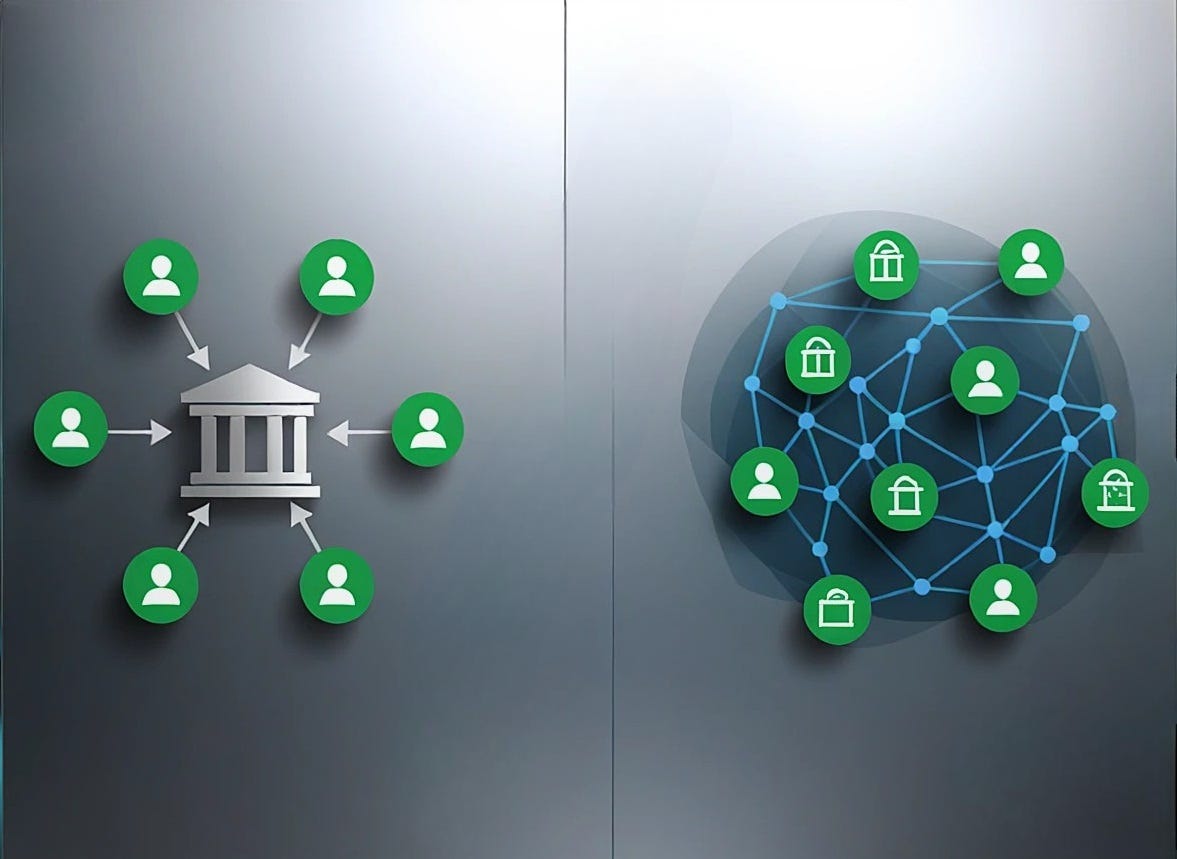Medium
2w
277

Image Credit: Medium
Centralized vs Decentralized Crypto Exchanges: A Comprehensive Guide
- The article comprehensively compares centralized and decentralized crypto exchanges, essential for businesses entering the crypto space.
- Centralized exchanges, like Binance and Coinbase, are managed by a single entity, offering fiat integration, account custody, and dispute resolution.
- Decentralized exchanges, such as Uniswap and PancakeSwap, operate without a central authority, focusing on user control, privacy, and censorship resistance.
- Centralized exchanges have user-friendly interfaces, high liquidity, and regulatory compliance but face security risks and privacy concerns.
- Decentralized exchanges prioritize user control, privacy, transparency, and censorship resistance but often face challenges with user experience and liquidity.
- Key differences include security, regulation, and compliance requirements, with centralized exchanges subject to more stringent regulations.
- Considerations for exchange development include target audience, revenue model, security architecture, scalability, and feature set.
- Hybrid exchanges offer a blend of centralized and decentralized features, providing flexibility and enhanced security.
- Choosing the right exchange model depends on business goals, target market, and regulatory environment.
- Partnering with a cryptocurrency exchange development company can provide expert guidance, custom solutions, faster time-to-market, and ongoing support.
- Understanding these differences is crucial for businesses planning to launch a crypto exchange.
- The article offers insights into building both centralized and decentralized exchanges and emphasizes the importance of working with experienced development teams.
Read Full Article
16 Likes
For uninterrupted reading, download the app